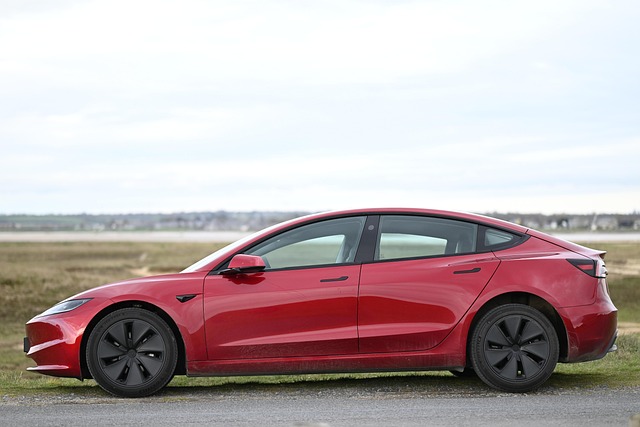In today’s fast-paced world, where convenience often trumps environmental considerations, there’s a growing need for solutions that marry efficiency with eco-consciousness. One such solution gliding into the spotlight is the humble bicycle. Serving as a beacon of sustainability, bicycles offer an environmentally friendly transportation alternative that not only promotes eco-friendly commuting but also supports rural development.
Transport sustainability hinges on reducing greenhouse gas emissions, minimizing pollution, and enhancing the efficiency of our transport systems. Bicycles excel in all of these areas. By cycling instead of driving, individuals can significantly lower their carbon footprint. The energy-intensive processes of manufacturing and maintaining automobiles contribute greatly to environmental degradation. In contrast, cycling requires minimal resources and produces no emissions, making it one of the cleanest forms of transport available.
Moreover, the benefits of cycling extend beyond individual choices to collective community impacts, particularly in rural areas. The integration of bicycles into rural development initiatives can bridge gaps in accessibility and mobility. Many rural communities struggle with limited public transport options. In these places, bicycles can serve as a practical means of transport, providing residents with the ability to reach markets, schools, and healthcare facilities with ease.
Investing in bicycle infrastructure in rural regions can lead to transformative changes. Bike paths and dedicated lanes can enhance safety and encourage cycling. In addition, these investments create jobs and stimulate local economies. Local artisans can sell bicycles and accessories, while bike-sharing programs can emerge, allowing residents to access bikes without the financial burden of ownership.
An increase in cycling within rural communities also promotes social cohesion. Residents are more likely to interact and engage with one another when traversing their neighborhoods on two wheels. It encourages a sense of community, supporting not just the physical health of individuals, but their mental well-being as well. The simple act of cycling fosters human connections and encourages a healthy lifestyle, further extending its impact on rural development.
On an urban front, as cities become more congested, the case for environmentally friendly transportation through cycling becomes increasingly compelling. Urban planners are recognizing the need to reduce dependence on cars, leading to the construction of expansive bike lanes and bicycle-sharing programs. This shift not only alleviates city traffic but also enhances air quality, making urban environments healthier for residents. People are discovering the joy of commuting by bike, embracing the exhilarating rush of the wind against their face while burning calories rather than fossil fuels.
Another layer of cycling’s sustainability is the community-building aspect of bike advocacy. Community organizations, local governments, and businesses often collaborate on bicycle-friendly initiatives that raise awareness about the benefits of cycling. Through community rides, workshops, and cycling clinics, residents learn about traffic safety and gain confidence in their riding abilities. These efforts cultivate a cycling culture that encourages more people to choose bicycles over cars.
Finally, as we pedal towards a more sustainable future, it’s essential to consider the role of policy in promoting cycling. Advocacy for bike-friendly legislations, subsidies for bike purchases, and incentives for businesses that support sustainable transport options can elevate cycling’s place within our transportation hierarchy. Governments must prioritize the development of safe, efficient, and integrated cycling infrastructure that not only recognizes but actively supports the vital role bikes play in achieving a sustainable future.




